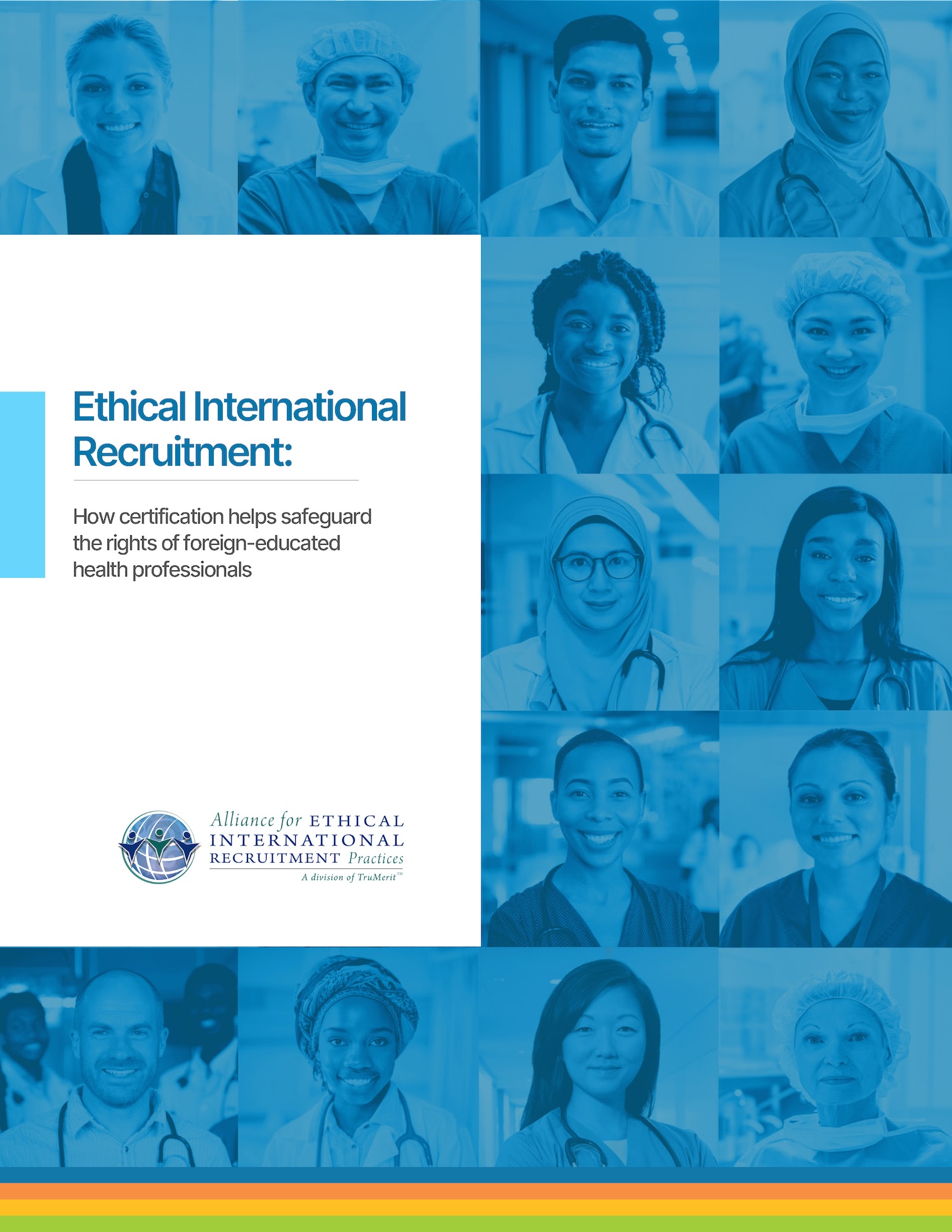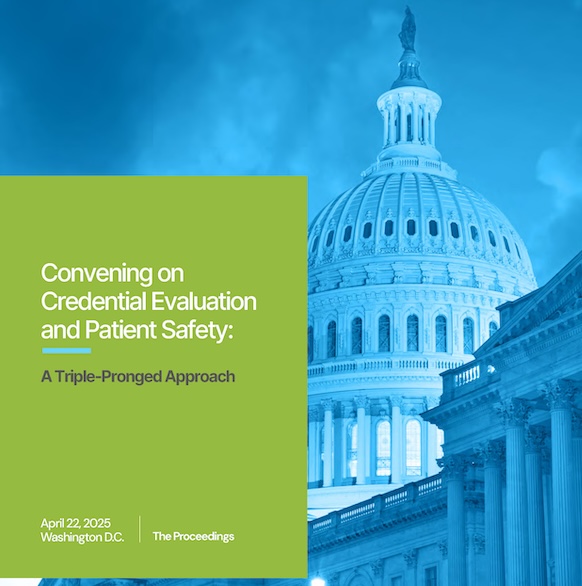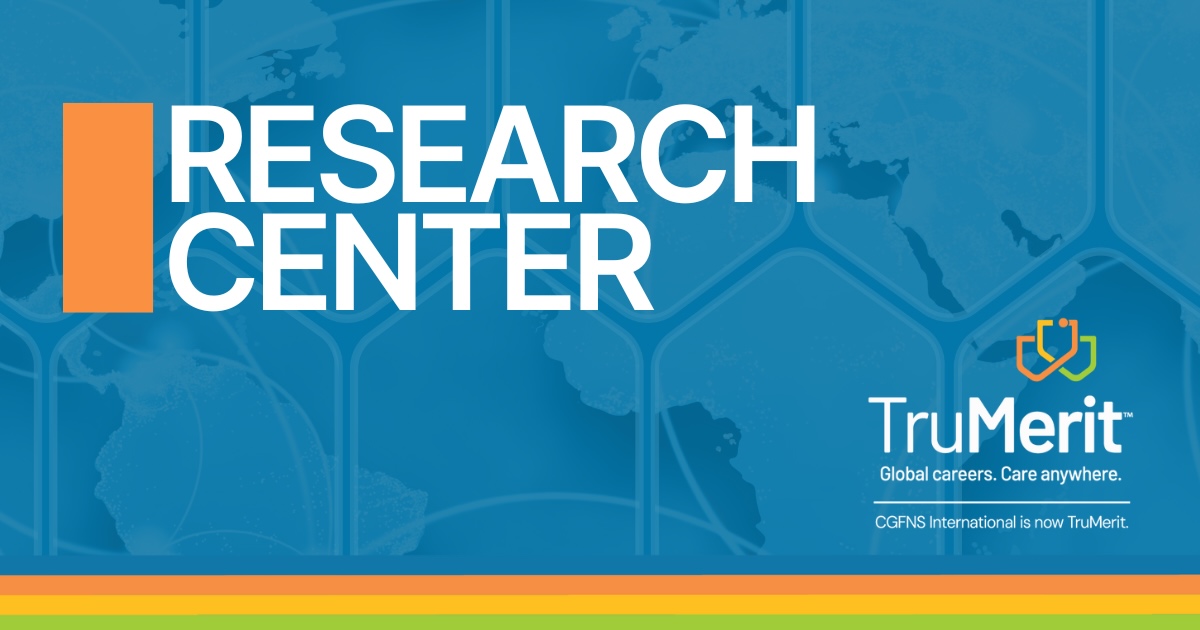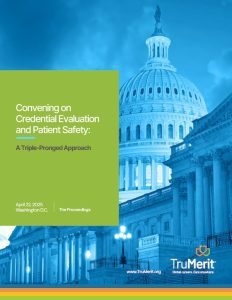At TruMerit, our mission has always been rooted in a singular, unwavering commitment: to protect the public by ensuring that only qualified, competent health professionals enter and thrive within the U.S. healthcare system. The April 2025 Convening on Credential Evaluation and Patient Safety was born from this commitment—a recognition that safeguarding patient well-being begins long before a clinician steps into a hospital or clinic. It begins with how foreign-educated health professionals are evaluated, supported, and empowered to serve the people they care for.
This Convening was not just a gathering of experts; it was a call to action. TruMerit brought together leaders from regulatory bodies, government agencies, healthcare institutions, academic organizations, and credentialing authorities to confront a critical question: how can we better ensure that foreigneducated health professionals are not only qualified on paper but are fully prepared to deliver safe, effective care in the U.S.?
We chose to focus on three foundational pillars—education comparability, English language proficiency, and authenticity of credentials—because each represents a vital safeguard in the credentialing process:
- Education comparability ensures that a health professional’s training aligns with U.S. standards, not just in structure but in substance. It is the bedrock of clinical competence and professional readiness.
- English language proficiency is essential for clear, compassionate communication with patients, families, and care teams. It is not merely a technical skill—it is a matter of safety, trust, and dignity.
- Authenticity of credentials protects the system from fraud and deception. It ensures that those who care for our communities are who they say they are, with the qualifications they claim to hold.
These focus areas fill a longstanding void in the credentialing industry. Too often, evaluations have emphasized equivalency over comparability, test scores over real-world communication, and document collection over document verification. Our Convening challenged these norms and charted a new path—one that is more rigorous, more equitable, and more attuned to the realities of modern healthcare.
When it comes to foreign-educated nurses and allied health workers, the real objectives of our work are about more than gatekeeping—they are about guidance. By setting clear, fair, and evidence-based standards, we help these professionals succeed. We recognize their potential, honor their training, and support their transition into a new healthcare culture. In doing so, we strengthen the workforce and, most importantly, protect the patients they serve.
This report captures the insights, challenges, and commitments that emerged from our Convening. It is both a reflection of where we are and a roadmap for where we must go. We invite all stakeholders to join us in this journey—because public protection and professional success are not opposing goals. They are, in fact, two sides of the same promise.
Peter Preziosi, PhD, RN, CAE
President & Chief Executive Officer
Julia To Dutka, EdD
Chief, Global Health Workforce Development Institute TruMerit TruMerit








